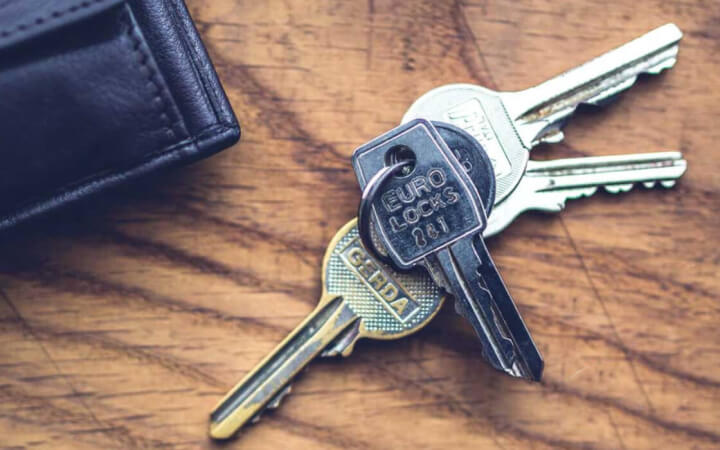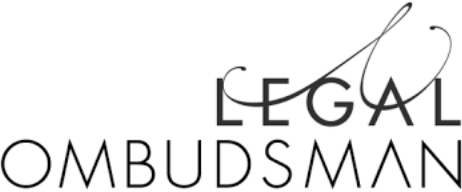Do you own or are trying to sell a leasehold flat over 11 metres high or 5 storeys tall? Do you know about the Building Safety Act?

Partner and Senior Lawyer, Property & Conveyancing

Do you own or are trying to sell a leasehold flat over 11 metres high or 5 storeys tall? Do you know about the Building Safety Act?
The release of the Final Grenfell Report this week has brought building safety back to the public’s attention. Whilst the focus is now shifting to seeking that those responsible are brought to justice, it is worth recapping the steps already taken by government to protect tenants from the costs of remedying safety defects where they have been identified on high rise buildings.
The process of identifying buildings with safety defects that required remediation began not long after the fire at Grenfell but the issue of how the costs of the remediation work and tenants would be protected took a little longer to resolve. The Building Safety Act has been in effect since 2022 and is intended to protect leasehold flat owners from the cost of fixing and paying for any historical safety defects identified in their building. It applies to residential buildings over 11m or five storeys tall where the freehold is not owned by the tenants of flats of the block. Certain criteria determine which flats are protected.
The Act brought in a form of protection to the leasehold flat by a Certificate Scheme but unless these certificates are granted at the right time, and in the right way, the protection can be lost. It is crucial that the correct Certificates are in place if you want to sell your leasehold flat, or if you wish to buy one.
Wherever possible the idea within the Act is that the costs of fixing the problems will be paid for by the developer of the building. There are certain funding schemes, and in many cases the cost cannot be passed onto the leaseholders by service charge. However, this protection against potentially huge bills is subject to certain conditions and it is essential to know what you could be liable for if you buy such a property. As a result of these problems there is sometimes difficulty in obtaining a mortgage although more and more big banks are offering where they know that sound advice is being obtained.
The Act is complex and requires careful consideration. Getting the right advice is essential. If you have any questions or concerns about a property you own or might be looking at buying and want to know more about whether you might qualify for the protection of the Act please do not hesitate to contact us to discuss how we might be able to help.
Tom Cawcutt specialises in the buying or selling of such properties.
Ben Badura specialises in property litigation law.




